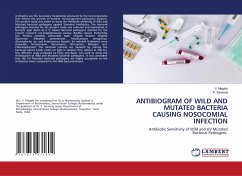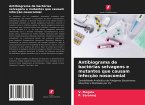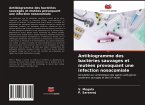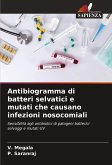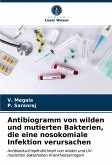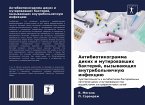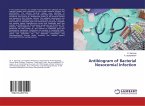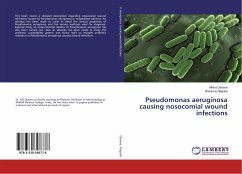Antibiotics are the Secondary metabolites produced by the microorganisms that affects the growth of another microorganisms particularly bacteria. The present study was aimed to study the Antibiotic sensitivity of Wild and Mutated bacterial pathogens against Standard Antibiotics. The bacterial pathogens selected for the present study was collected and maintained in Nutrient agar slants at 4 °C. Eleven Bacterial pathogens selected for the present research are Staphylococcus aureus, Bacillus cereus, Escherichia coli, Proteus mirabilis, Salmonella typhi, Shigella flexneri, Shigella dysentriae, Klebsiella pneumoniae, Pseudomonas aeruginosa, Acinetobacter sp. and Enterococcus faecalis. Six selected Antibiotics were Ampicillin, Streptomycin, Vancomycin, Tetracycline, Rifampin and Chloramphenicol. The bacterial cultures are mutated by placing the bacterial culture broth under UV light in Laminar flow cabinet at 250 nm. Disc diffusion assay proposed by Kirby and Bauer was used to study the Antibiogram of Wild and Mutated bacterial pathogens. It was concluded that the UV Mutated bacterial pathogens are highly susceptible to the Antibiotics when compared to the Wild bacterial strains.
Bitte wählen Sie Ihr Anliegen aus.
Rechnungen
Retourenschein anfordern
Bestellstatus
Storno

